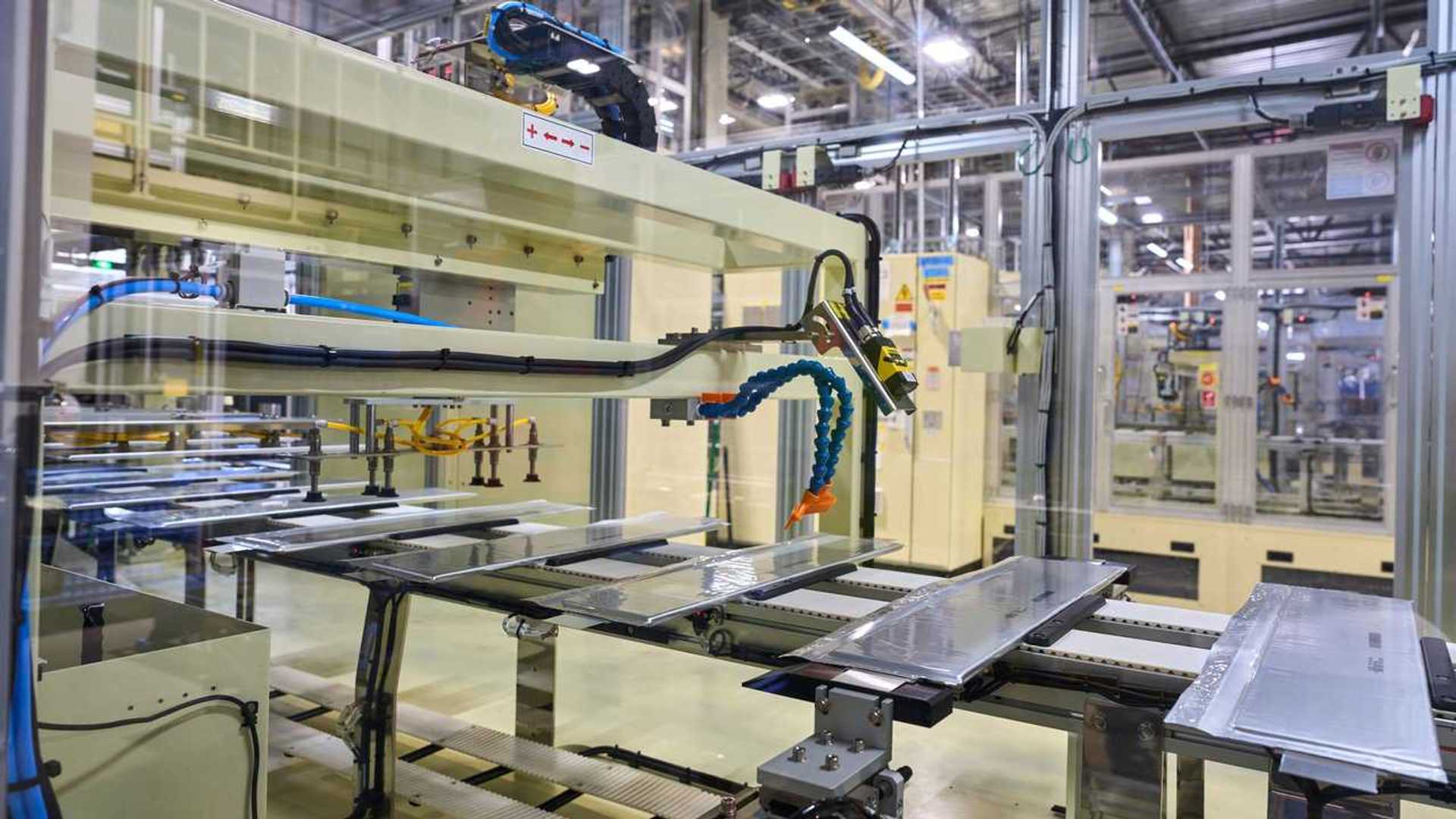Key Takeaways
- General Motors will produce low-cost lithium-iron phosphate (LFP) batteries at its Spring Hill, Tennessee plant.
- The next-generation Chevy Bolt EV and Silverado EV will be equipped with LFP batteries, promising significant cost reductions.
- Production of these batteries will begin by the end of 2027, as GM aims for substantial savings compared to conventional lithium-ion batteries.
GM Expands Battery Production for Electric Vehicles
General Motors (GM) is transforming part of its Spring Hill, Tennessee plant to manufacture low-cost lithium-iron phosphate (LFP) batteries in partnership with LG Energy Solution. This initiative is aimed at producing batteries for the next-generation Chevy Bolt EV and a specific trim of the Silverado EV, enhancing affordability in GM’s electric vehicle (EV) lineup.
Despite challenging regulatory conditions and the expiration of federal tax credits, GM’s electric vehicle strategy is showing promising results. The company has introduced a dozen EV models, significantly increasing its market presence and sales while decreasing its reliance on competitors like Tesla.
The use of LFP batteries represents a key shift in the EV market, as they offer a more economical alternative to traditional nickel-manganese-cobalt (NMC) batteries, which are heavier on costs and environmentally detrimental. While LFP batteries typically have lower energy density, their higher safety and durability make them increasingly competitive worldwide, especially in China, where they account for over 80% of EV battery usage.
GM has not confirmed whether the LFP batteries for its upcoming Bolt EV and Silverado EV will be manufactured at the Spring Hill facility. The new Bolt EV is slated for production later this year, aiming for an early 2026 customer release. Meanwhile, the Silverado EV with LFP batteries is projected to deliver around 350 miles of range while reducing vehicle costs by approximately $6,000.
The conversion of the battery assembly lines at Spring Hill is expected to commence by the end of this year, with LFP battery production targeted to start by the conclusion of 2027. GM has stated its goal is to achieve significant cost savings on battery packs compared to current lithium-ion configurations.
The development of LFP batteries in the U.S. reflects a renewed interest in this technology, originally developed at the University of Texas at Austin and rapidly commercialized in China. Notably, Korean manufacturers, including LG Energy Solution, are now accelerating their efforts to adopt and refine LFP technologies. GM’s collaboration with LGES has positioned them as the leading battery cell producer in North America, even exceeding Tesla’s output.
In addition to LFP production, GM is investing in next-generation battery technologies, including lithium-manganese-rich (LMR) batteries, intended for larger vehicles such as trucks and SUVs, with production expected to commence by early 2028. The company’s research and development efforts also focus on advanced technologies like silicon anodes and solid-state batteries.
The Spring Hill facility not only assembles electric vehicles but also houses production lines for gasoline models. Additionally, it manufactures other models like the Cadillac Lyriq and Acura ZDX, showcasing GM’s diverse manufacturing capabilities.
In summary, GM’s strategic move to produce LFP batteries underscores its commitment to making electric vehicles more affordable while continuing to innovate in battery technology.
The content above is a summary. For more details, see the source article.















